
News Feed


Big News for Acromegaly: Crinetics Announces FDA Approval of PALSONIFY™
Crinetics announced today that the FDA has approved PALSONIFY™, the first once-daily oral therapy to treat acromegaly. The company announced the drug will be available in early October.

Deep Fake or Deep Help? How AI Turned a Medical Paper into a Podcast (And Why That Matters)
An Opinion Editorial from Jorge D. Faccinetti – Co-founder and Chief Editor – In today’s publishing landscape, one thing is clear: artificial intelligence and machine learning are advancing at dizzying speeds. Keeping up with these developments and understanding their true impact on our work and lives has become increasingly challenging.

Trust But Verify: The Rise of AI-Generated Health Information
Can Artificial Intelligence make medical research easier to understand? This is a fascinating question that we grapple with daily as we navigate the reality of an AI-driven publishing landscape. We’ll have more to say on this subject in the future, but for now, we want to share an AI-generated output in the form of a podcast, completely created by artificial intelligence, including all voices, tonality, and content. Even the visual representations of the two podcasters aren’t real. These people don’t exist. Ponder the implication of that notion for a while.
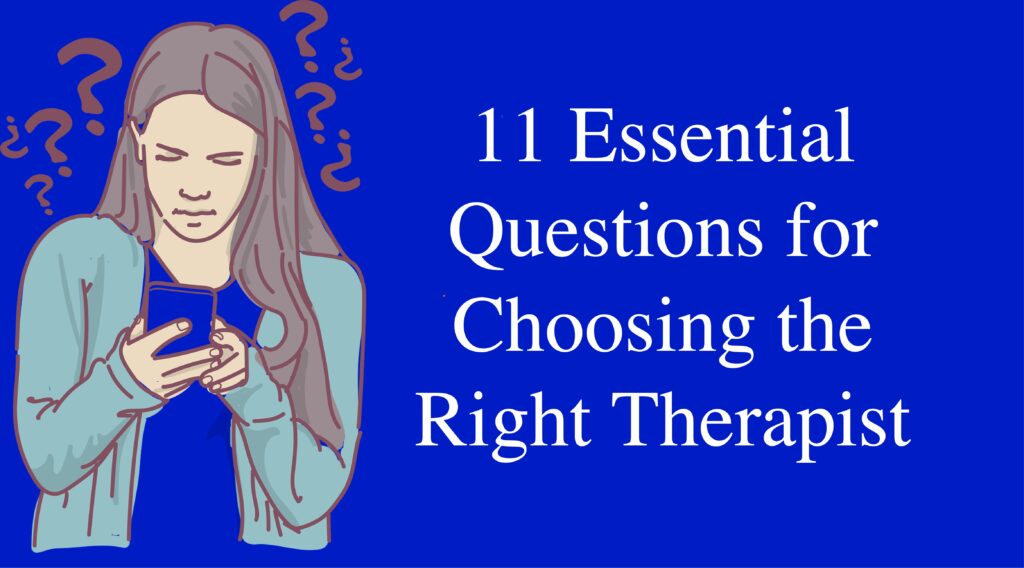
How to Find a Mental Health Provider: A Guide for Pituitary Patients
From Linda M Rio, PWN contributor and mental health professional – I’m often contacted by those with an already diagnosed pituitary disorder or those who are searching for help and suspect they are impacted but
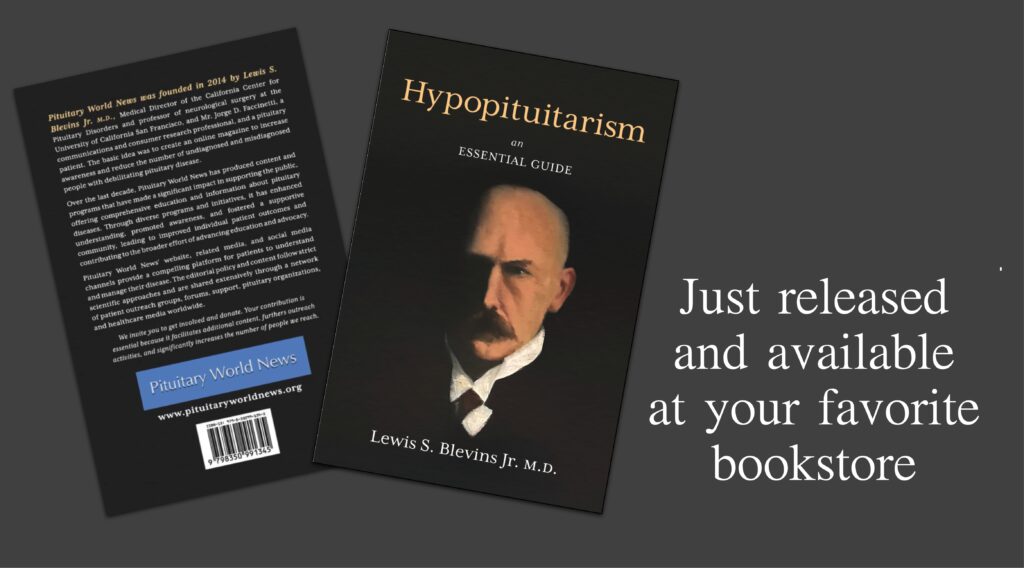
Hypopituitarism; an essential guide is available now!
Dr. Lewis S. Blevins, Jr., M.D., wrote a clear guide to hypopituitarism—what it is, how it’s treated, and why early diagnosis matters in his book, Hypopituitarism.
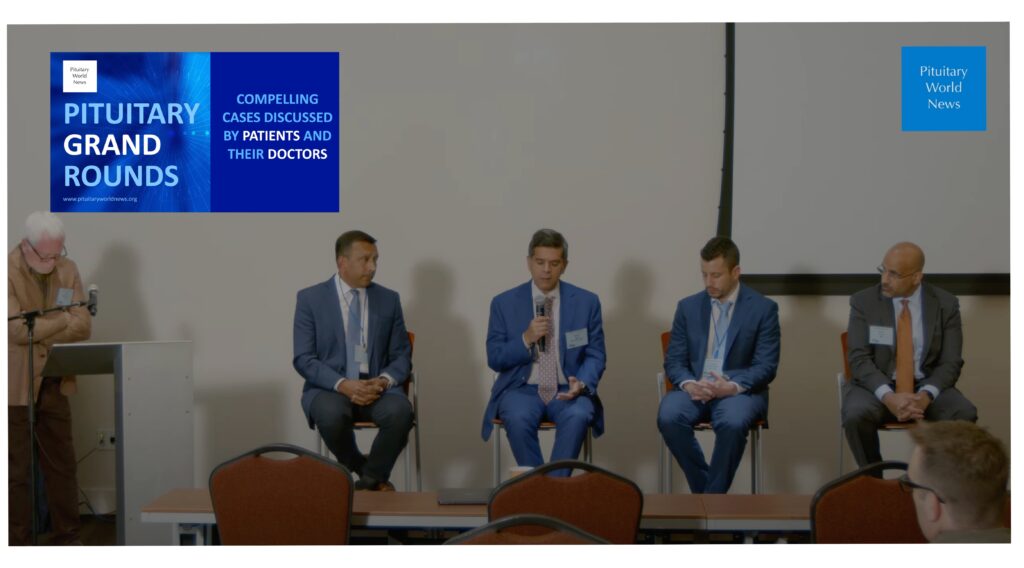
Pituitary Grand Rounds, Episode 4: Pituitary Surgery In The Cavernous Sinus
This excerpt from our presentation on pituitary surgery focuses on surgery in the cavernous sinus and procedure issues, benefits, and risks.

Musings on Tea and Acromegaly in Connemara
From J D Faccinetti, co-founder – It is often said that once you know people with acromegaly, you will see it more often. It makes you wonder how apt the definition of “rare” is for
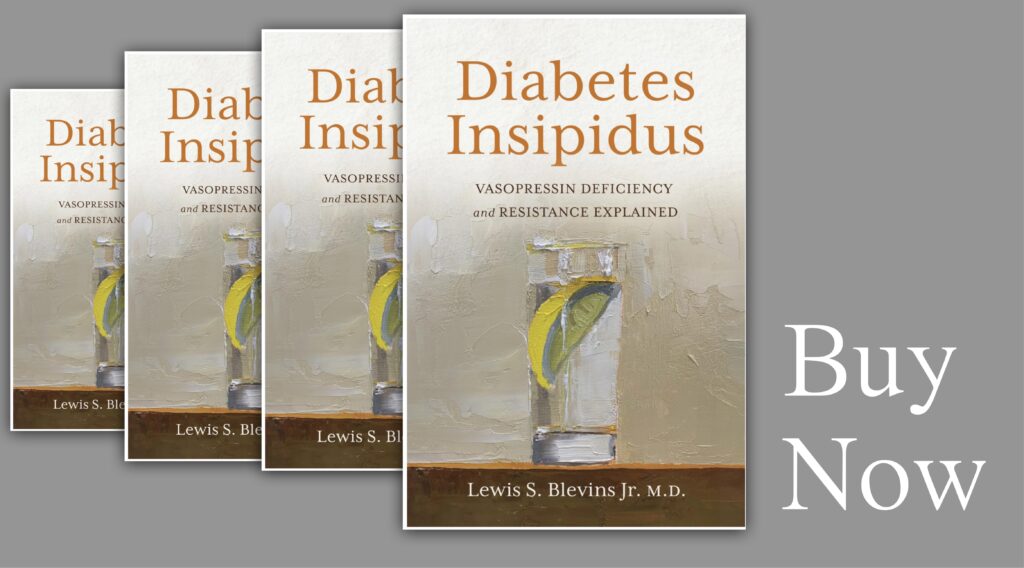
“Diabetes Insipidus: Vasopressin Deficiency and Resistance Explained – a new book and perspective on a complex disorder
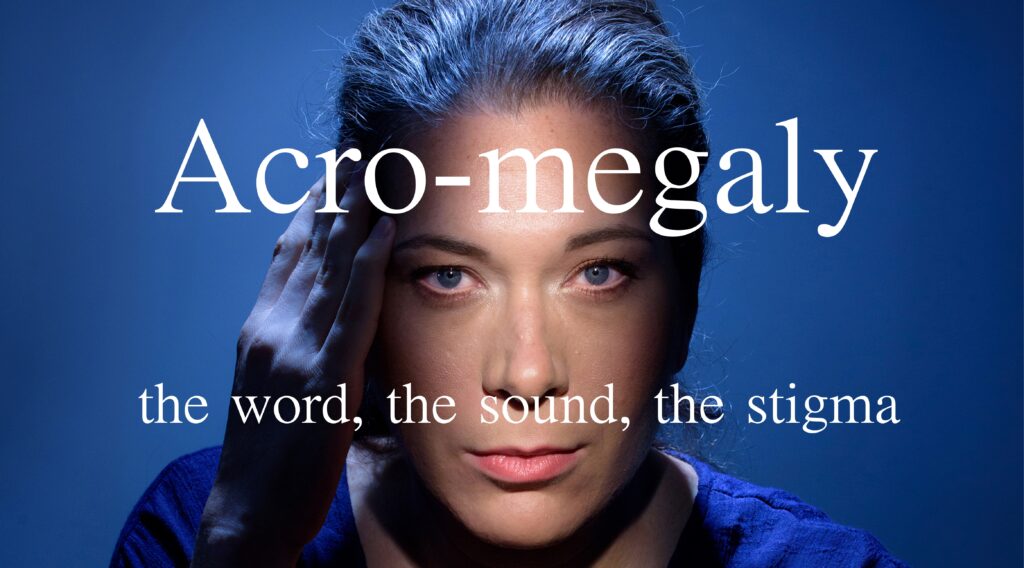
Renaming Acromegaly: Time for a Fresh Identity?
Explore why renaming pituitary cysts matters in acromegaly care and how better terms can improve diagnosis and treatment.
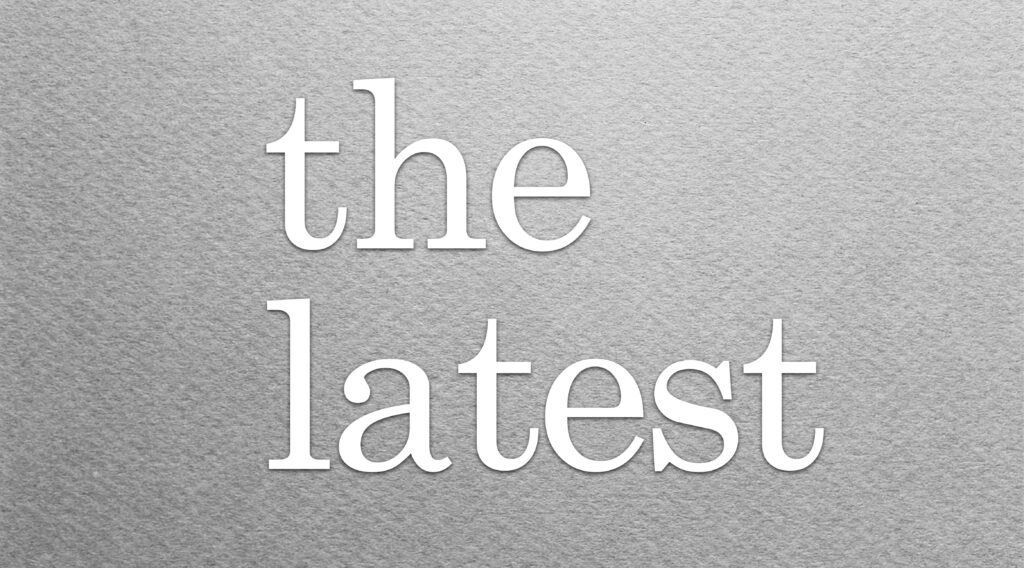
A recap of the latest news, articles and podcasts; just in case you missed them

Hello AI. What’s new in the world of pituitary disease?
We often scan the pituitary universe and report on the latest drug developments, new potential therapies, and engaging clinical cases and resources. We hope this knowledge helps people gain more insight into these complicated diseases and the fascinating medical/scientific discovery, research, and diagnosis world.
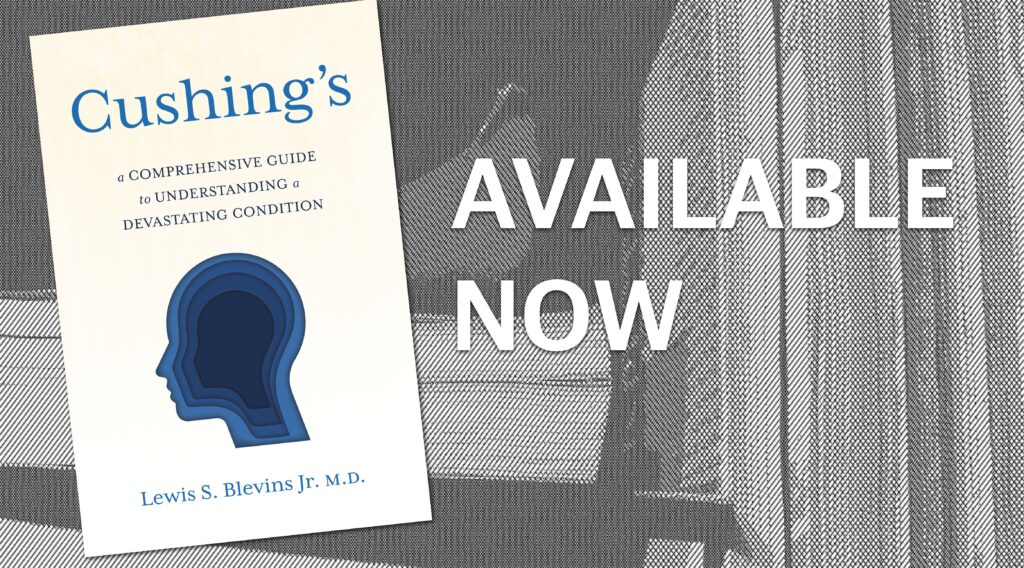
New Book on Cushing’s: a comprehensive guide to understanding a devastating disease
Purchase Your Copy Today!
Cushing’s, by Lewis S. Blevins, Jr., MD, communicates ideas regarding this complex disorder that have been attained after years of evaluation and management of patients with hypercortisolism.